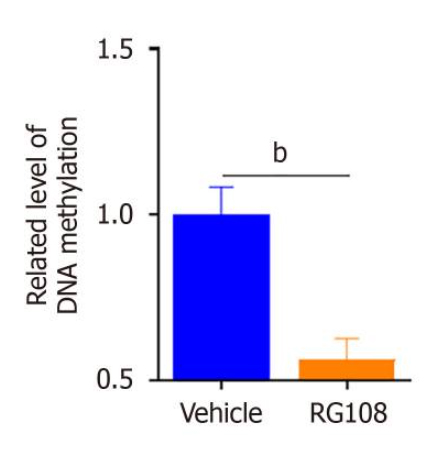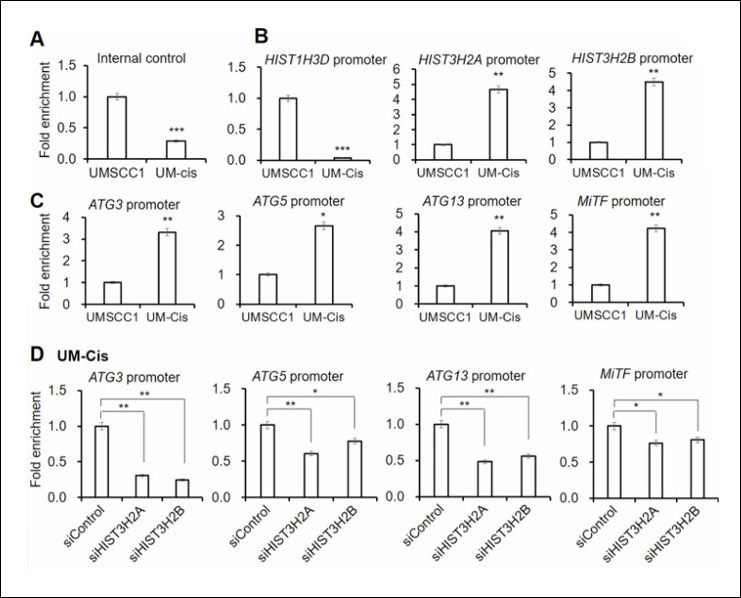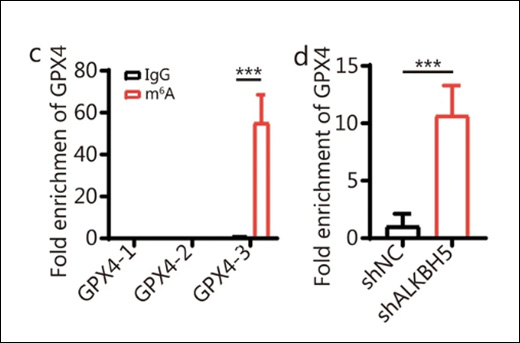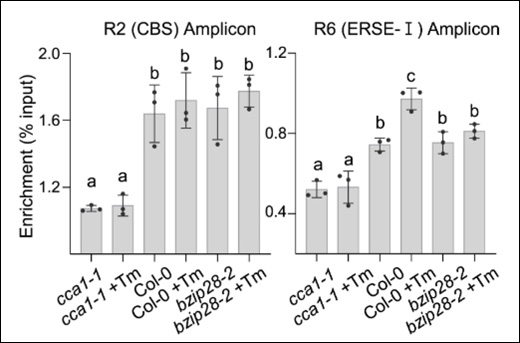A study in the World Journal of Psychiatry has shed new light on how DNA methylation—a fundamental epigenetic mechanism—shapes the brain’s ability to “unlearn” fear. The findings deepen our understanding of fear-related disorders such as post-traumatic stress disorder (PTSD) and phobias, while pointing toward potential new therapeutic strategies.

Linking Fear Extinction to Epigenetics
Fear extinction is the process through which a learned fear response gradually diminishes. This ability is central to therapies like exposure therapy, in which repeated, controlled exposure to a trigger helps reduce its emotional impact over time.
While scientists have long known that fear extinction involves changes in brain circuitry, the exact molecular mechanisms enabling this process have been less clear. DNA methylation—the addition of methyl groups to DNA—can regulate gene activity without altering the underlying genetic code. It is a powerful means of controlling how brain cells adapt, communicate, and form new connections.
Inside the Study
To investigate the role of DNA methylation in fear extinction, researchers used a mouse model and altered methylation levels in two ways. One group of mice received RG108, a compound that inhibits DNA methylation, while another group received L-methionine, a nutrient that promotes methylation. The mice were first trained to associate a neutral stimulus with a mild fear response, then underwent extinction training to help “unlearn” the association. After behavioral testing, hippocampal tissue—an area of the brain critical for memory formation—was analyzed for changes in global DNA methylation.
To measure these changes, the team used EpigenTek’s MethylFlash™ Global DNA Methylation (5-mC) ELISA Easy Kit. This rapid, sensitive, and universal assay was ideal for working with small DNA samples from brain tissue, providing accurate and reproducible measurements of global methylation levels.

The results were striking: mice treated with RG108 showed reduced DNA methylation and slower fear extinction, while those given L-methionine exhibited increased DNA methylation and a faster ability to extinguish fear. These methylation changes were also linked to physical differences in hippocampal neurons, including dendritic spine density and patterns of neuronal activity—both important for learning and memory.
This work highlights how integrating behavioral neuroscience with robust epigenetic measurement tools can uncover the molecular mechanisms behind complex cognitive processes. For researchers aiming to explore DNA methylation in their own studies, the MethylFlash™ 5-mC ELISA Easy Kit offers the precision, versatility, and reliability needed to generate meaningful results.
Enhance Your DNA Methylation Study
Whether you’re exploring DNA methylation or other areas of epigenetics, EpigenTek provides complete solutions to support your research. Our easy-to-use kits, specialized antibodies, and complementary tools give you everything you need for reliable, high-quality results. Backed by our product guarantee and dedicated technical support, you can move your studies forward with confidence. Contact us anytime for expert assistance with your epigenetic projects.




 Cart (0)
Cart (0)













